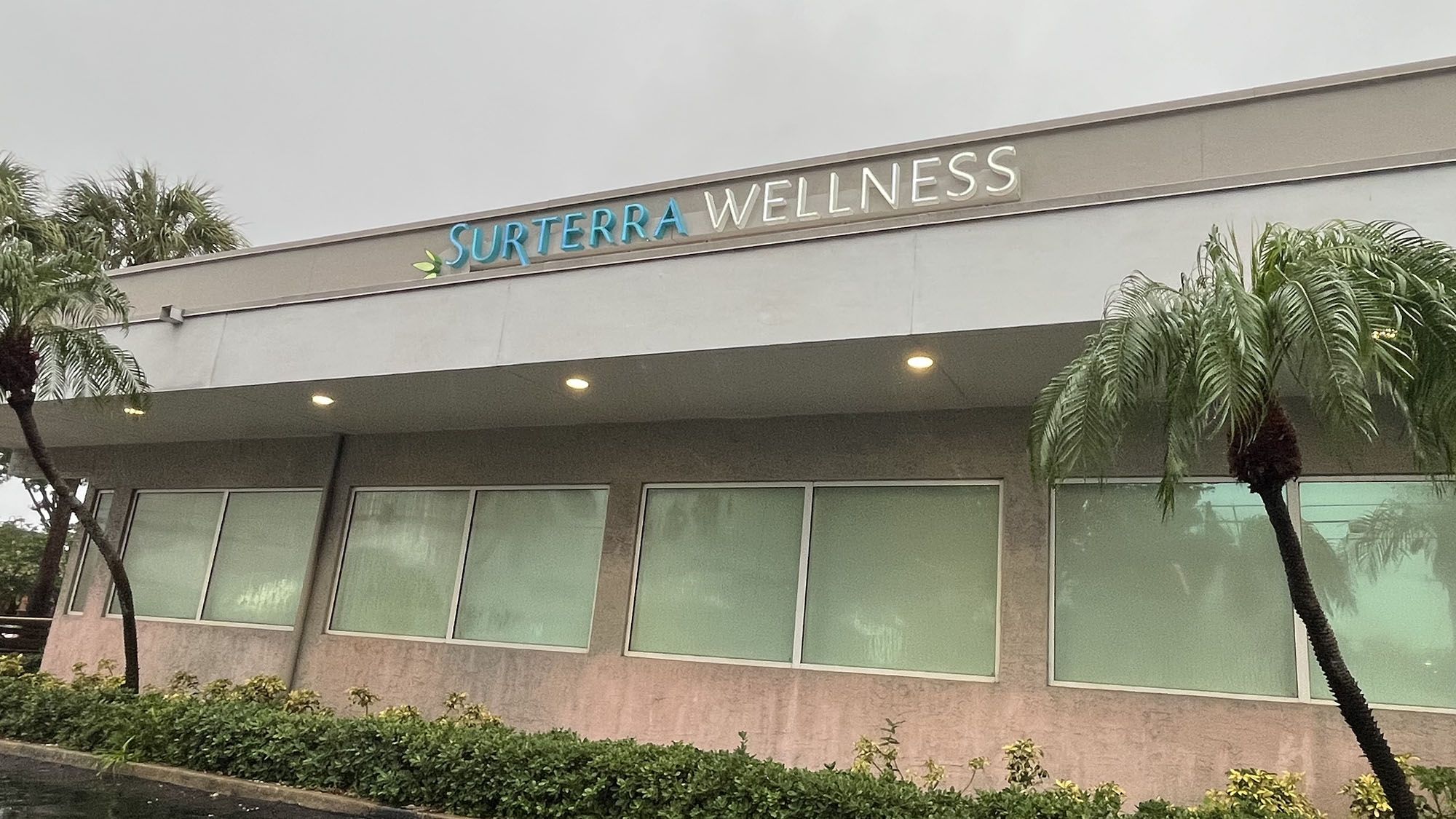Medical cannabis operators in Florida will continue to pay about $1.3 million every two years to renew their licenses, after a Florida appeals court upheld the Department of Health’s rule increasing renewal costs more than 20x above the prior fee. READ MORE: MJBizDaily
The First District Court of Appeal ruled in March 2025 that the state’s fee-setting authority falls within its statutory mandate to set renewal fees sufficient to cover the costs of regulating and administering the medical marijuana program.
In effect, Florida’s MMTC (Medical Marijuana Treatment Center) renewal fee remains locked in at this level, despite challenges from operators.
The history: from 60,000 to 1.3 million
- Prior to 2022, medical cannabis companies in Florida paid a biennial renewal fee of $60,000. READ MORE: Health News
- In December 2022, the Florida Department of Health adopted a rule that used a formula to increase the renewal fee to approximately $1.3 million.
- That formula tied the fee to the number of authorized operators and the regulatory costs incurred by the state.
Operators challenged the hike—including Sanctuary Cannabis, one of the more prominent multi-dispensary operators—arguing the fee was arbitrary, too high, and didn’t consider other revenue sources like patient ID card fees.
An administrative law judge (William Horgan) initially upheld the rule in favor of the Department, finding it followed legislative direction.
The appeals court then affirmed that decision, rejecting the challenge as lacking merit under the law.
Legal reasoning & court rationale
The key legal points in the court’s decision include:
- Statutory authority: The law (§ 381.986, Florida Statutes) authorizes the Department of Health to adopt rules for initial and biennial renewal fees sufficient to “cover the costs of implementing and administering” the medical cannabis program. READ MORE: WUSF
- No requirement to offset with other revenue: Operators argued that revenue from patient ID card fees or fines should be offset against the renewal fee—but the court held that statute does not require such offsets, and the “plain text” of the statute mandates covering costs via MMTC fees alone. READ MORE: Florida Cannabis Information Portal
- Formula approach is not arbitrary or capricious: The appeals court found no arbitrariness or capriciousness in the rule’s formula used to determine fees, stating it aligns with the legislature’s intent.
- Regulatory cost burden falls on operators: The court recognized that the legislature effectively placed the burden for program administration on the MMTC licensees, consistent with the statute’s language.
Thus, the renewal fee hike survived both administrative and appellate scrutiny and was affirmed in March 2025. READ MORE: Law360
Impacts on the industry & market
Increased fixed costs & stress on smaller operators
A renewal fee of ~$1.3 million every two years is a severe fixed cost burden for cannabis operators—especially smaller or newer entrants. The hike raises the minimum threshold for operational viability and likely pushes weaker firms out.
When other pressures—like falling product prices (e.g. in late 2024, prices fell ~30%)—intersect with huge regulatory costs, profit margins get squeezed. The high fee could discourage competitive entry and limit market diversity.
Potential consolidation & dominance by large incumbents
Because only operators with significant capital can absorb the cost, the market is likely to consolidate. Larger, vertically integrated companies with diversified revenue may dominate, making it more difficult for smaller dispensaries or new players to survive.
License expansion vs. cost barrier
Interestingly, Florida recently approved 22 new dispensary licenses, nearly doubling the number of licensed companies. But these newcomers now face the same hefty renewal fee—raising the question of whether the cost barrier will undercut the intended benefit of increasing access.
Market pricing & cost pass-through
Some operators may try to recoup the cost by raising product prices, though in a competitive or supply-driven market, those increases may lose to illicit market pressure. The fee may drive price differentials between legal and illegal sales, harming legal operators’ competitiveness.
Regulatory confidence & predictability
One benefit of locking in the high fee is regulatory predictability: operators now know the renewal burden in advance (unless future litigation or legislative changes occur). That may encourage those able to absorb the cost to invest in compliance and stability.
What came next & possible future shifts
- It is possible that future legislative sessions may revisit the law, especially under pressure from industry stakeholders, to adjust the formula or introduce relief measures. But the appellate court’s decision makes major change harder without new statute.
- Operators may seek legislative amendments to allow offsets (e.g., counting patient ID card revenues or fines) when calculating renewal fees. But courts may interpret statutory language narrowly after the appeals decision.
- New entrants may demand phased or reduced renewal fees via pilot programs or grace periods to ease entry burden.
- In states considering adult-use legalization (e.g. Florida 2026 campaign), the renewal fee issue may become a bargaining point: high fees lighten state subsidy but risk industry backlash.
Resilience
Florida’s decision to keep medical cannabis license renewal fees at ~1.3 million per biennial cycle is a dramatic shift from the prior 60,000 baseline, ratified by the First District Court of Appeal in March 2025. This steep imposition reflects how the legislature explicitly tasked MMTC operators with bearing the full regulatory cost of the medical cannabis program.
While the decision brings clarity and solidifies the Department of Health’s authority, it places substantial burdens on operators, favoring those with greater capital resilience and likely accelerating consolidation. For patients and consumers, there is a risk of reduced competition, higher prices, and fewer choices.
As Florida moves toward potential adult-use reform, this fee structure will be a critical structural factor: any recreational marketplace built on such expensive regulatory foundations will need to balance access and viability.

